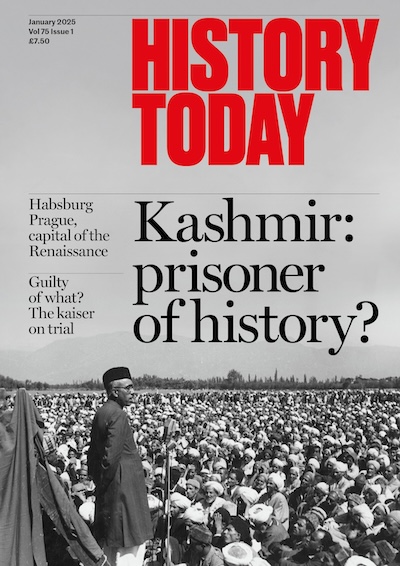Time, Tide and Michael Faraday
The story of Michael Faraday, the genius of electricity, is very much a classic tale of the rise from obscure origins to scientific eminence. But as Frank James notes, an important chapter was the commercial work Faraday did for the army and navy in order to secure his freedom to pursue pure research.

There are many essential requirements for a person to become a successful scientist. One of them is the availability of sufficient time to perform research. Michael Faraday (the bicentennial of whose birth is celebrated in this year) was perfectly well aware of this and frequently commented that, lacking property, time was his 'only estate'. For various institutional and personal reasons, however, this was in short supply during the latter part of the 1820s.
Faraday was born in Newington Butts (near the Elephant and Castle) on September 22nd, 1791, the son of a dissenting blacksmith who had recently moved down from Westmorland because of the economic recession. Faraday, who received hardly any formal education, served an apprenticeship as a bookbinder between the ages of fourteen and twenty-one. By the end of that time he had decided that he did not wish to pursue trade which he thought 'vicious and selfish', but wanted instead to become a philosopher – what we would now call a scientist – and, in particular, a chemist.





